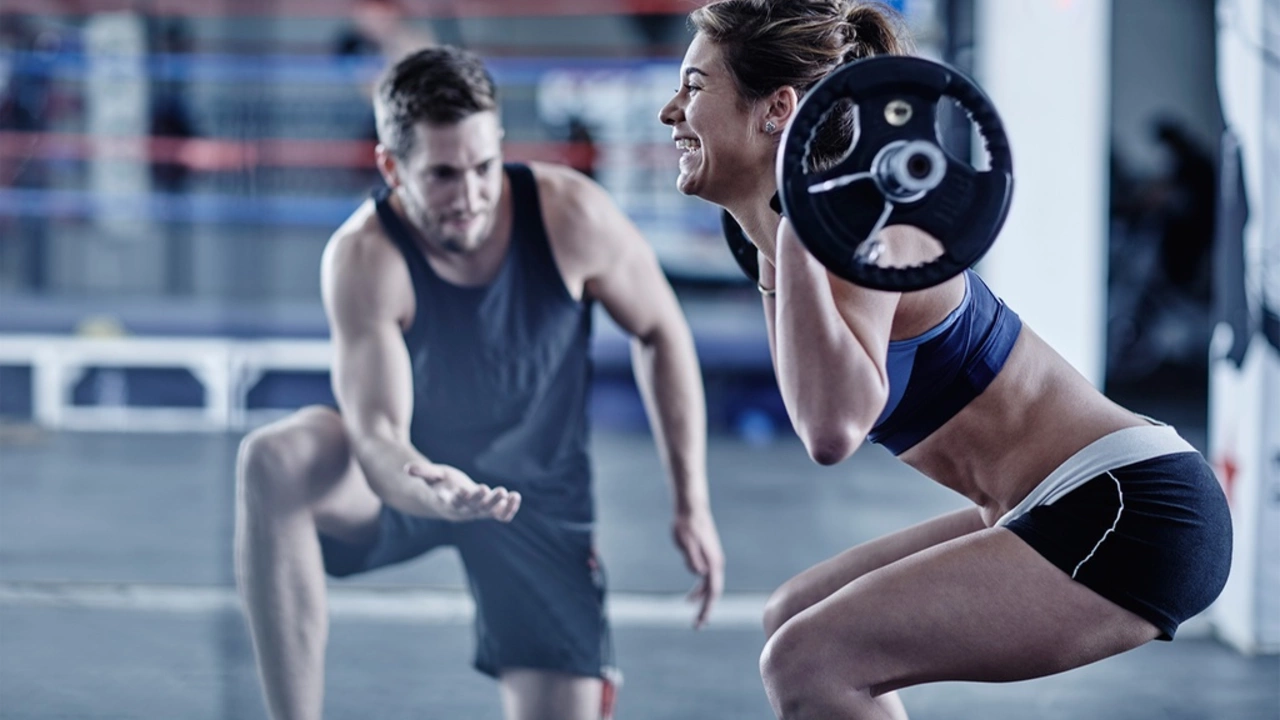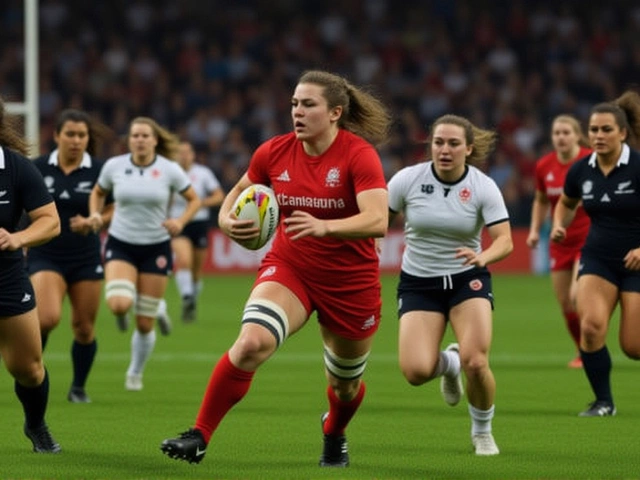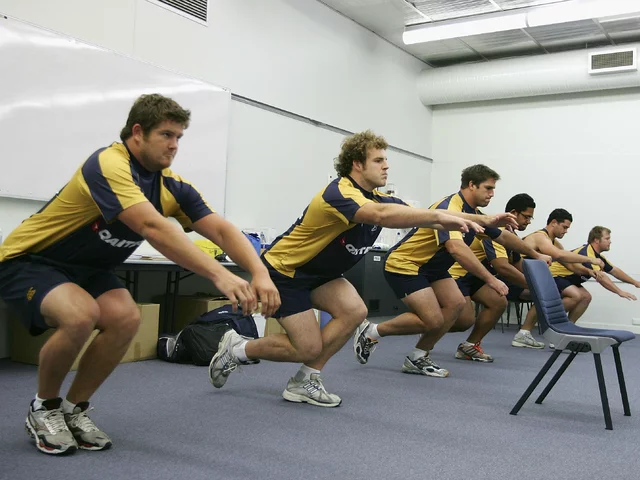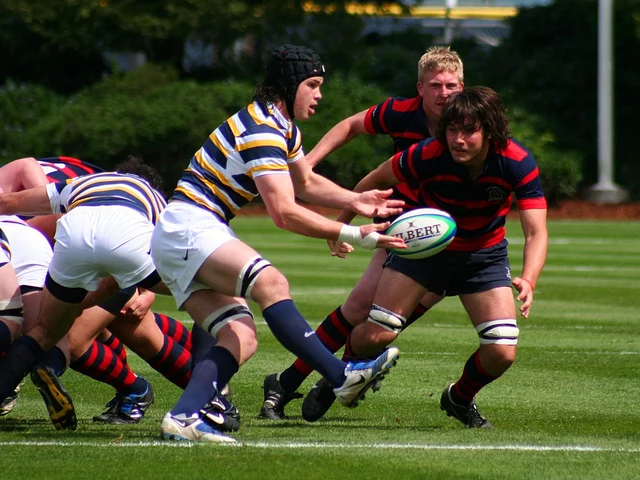Strength Requirements in Rugby – What You Need to Know
Thinking about joining a rugby team? You might wonder if you need to be a heavyweight to play. The short answer: no. Rugby needs strength, but the type and amount differ by position, fitness level, and your own body. Let’s break it down so you know exactly what to work on.
Different positions, different power
Forwards – the guys in the front row – rely on raw power. They scrum, ruck and tackle in tight spaces, so a solid core and strong legs are non‑negotiable. A good squat, deadlift and plough‑body routine will give you the push you need.
Backs – the speedsters – need a mix of speed and strength. A winger with a powerful sprint can break a line, while a centre who can drive through tackles adds extra bite. Think Olympic lifts, plyometrics and short bursts of sprint work.
How much strength is enough?
There’s no universal number, but a common benchmark is being able to bench press your body weight and squat at least 1.5 times it. If you’re 80 kg, a 80 kg bench and a 120 kg squat put you in a safe zone for most amateur clubs.
Remember, rugby also demands endurance. A player who can lift heavy but tires after 10 minutes won’t last a match. Pair strength work with high‑intensity interval training (HIIT) to keep your stamina up.
Don’t ignore mobility either. Tight hips or a stiff back increase injury risk, especially when you’re throwing your weight around in tackles. Spend 10‑15 minutes each session on dynamic stretches and foam‑rolling.
Now, you might ask, “Do I need to be tall?” Height helps in line‑outs and certain tackles, but it’s not a deal‑breaker. Many top players are under 6 ft and still dominate because they’ve built the right blend of strength and technique.
Training smart is key. Start with three strength sessions a week, focus on compound lifts, and add position‑specific drills. For forwards, practice scrummaging and rucking with a coach. For backs, work on sprint starts and agility ladders.
Nutrition fuels the process. Aim for about 1.6‑2.2 g of protein per kilogram of body weight daily, and don’t skimp on carbs – they’re your energy bank during a match. Hydration, sleep and recovery are just as important as the weights you lift.
If you’re new to the gym, get a baseline assessment. Knowing your current squat, bench and deadlift numbers helps you set realistic goals and track progress. Most clubs have a strength coach who can guide you through safe programming.
Bottom line: rugby needs strength, but it’s a mix of power, endurance, agility and technique. Tailor your training to your position, stay consistent, and you’ll meet the strength requirements without turning into a bodybuilder. Ready to hit the gym and the pitch? Your future teammates are waiting.
Well, folks, rugby isn't a walk in the park, let me tell you that! You've gotta have strength that would make Popeye after a spinach smoothie look weak. But it's not all about brawn, you need mental toughness too, the kind that gets you through a Monday morning after a weekend of mischief. And let's not forget agility and speed, because, without those, you're just a strong tree stump in a field of gazelles. So, yes, you need to be strong, but you also need to be fast, agile, and above all, ready to take on anything - just like when you’re trying to open a pickle jar!
READ MORE





